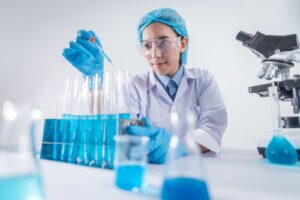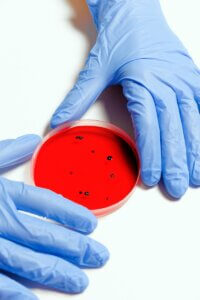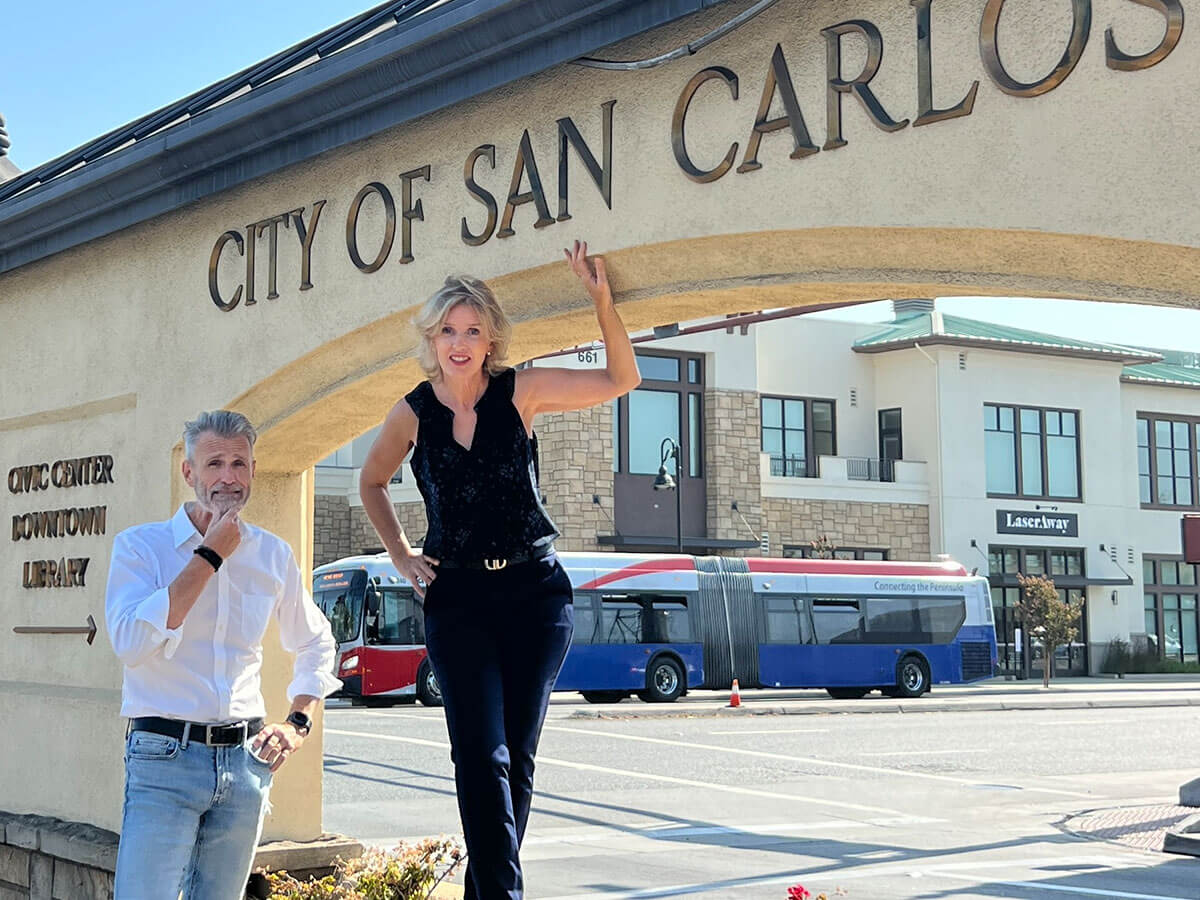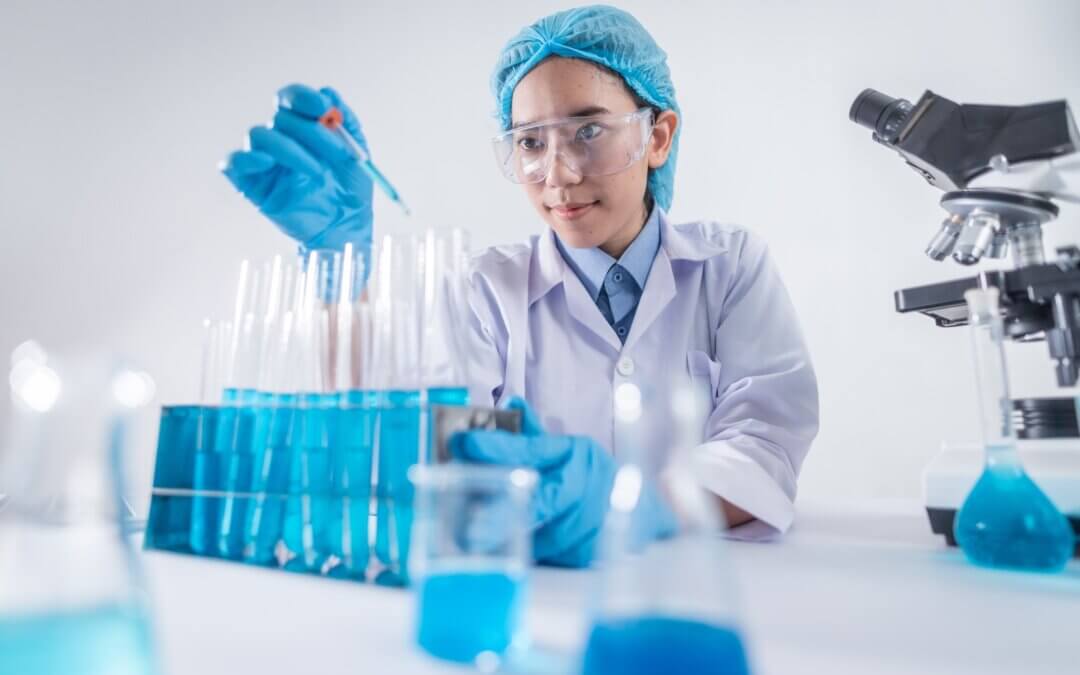San Carlos Bans High-Risk Bio Labs via City Council Vote
 Last week, the San Carlos City Council made a decision to prohibit the construction of bio labs in the future if they could potentially cause major health hazards. The city will not allow the building of labs that are categorized by the Centers for Disease Control and Prevention as level 3 (severe viruses such as HIV or COVID-19) or level 4 (extreme risk, such as Ebola and Smallpox).
Last week, the San Carlos City Council made a decision to prohibit the construction of bio labs in the future if they could potentially cause major health hazards. The city will not allow the building of labs that are categorized by the Centers for Disease Control and Prevention as level 3 (severe viruses such as HIV or COVID-19) or level 4 (extreme risk, such as Ebola and Smallpox).
“If anything were to go wrong with that laboratory, it could be a really dangerous situation,” said David Crabbe, one of the residents who pushed for the ordinance. “Here on the peninsula, which is subject to earthquakes, sea level rise, and in a high dense area not that is far from residential area.”
San Carlos residents don’t want all labs banned though; just the high risk and extreme biolabs categorized as level 3 or 4. San Carlos Mayor Adam Rak informed that 3.5 million square feet of lab space will be coming to the city in the next few years, and all of them are within levels 1 and 2 (minor and moderate risks involving diseases such as influenza and salmonella, or involving no diseases at all). San Carlos will keep adding biolabs but they also want to listen to their residents.
Watch the full video below, from ABC 7 :-
Due to the COVID-19 pandemic, there has been a surge in lab construction worldwide.
 Since the beginning of the pandemic, nine countries around the world have since announced the construction of 12 new level-4 labs. For five of these countries, the labs would be their first maximum-containment facilities. According to Gregory Koblentz, George Mason University biosecurity expert, to these countries “the labs are important to research on diseases like Ebola, and a country might want to have one of them to stay ahead of the next emerging disease threat.” Plus, Koblentz said, “they also (seem to be) a status symbol”.
Since the beginning of the pandemic, nine countries around the world have since announced the construction of 12 new level-4 labs. For five of these countries, the labs would be their first maximum-containment facilities. According to Gregory Koblentz, George Mason University biosecurity expert, to these countries “the labs are important to research on diseases like Ebola, and a country might want to have one of them to stay ahead of the next emerging disease threat.” Plus, Koblentz said, “they also (seem to be) a status symbol”.
Gregory Koblentz co-leads a group of scientists who aims to offer reliable data on the safest laboratories by creating a map that indicates the positions of level 3 and 4, labs and by evaluating the research regulations implemented by the government.
According to Koblentz, there are a total of 69 level 4 labs in use or under development worldwide, since the beginning of 2023. “BSL-4 labs take a very long time to build. This is not something you announce, and then it gets built the next year. It can take five or 10 years to build it,” Koblentz said. “So these countries have the time to develop the governance framework and the capacity to operate them successfully. But they need to start now.”
Lack of regulatory policies regarding level 3 and 4 Labs
“We want to highlight the growth in the number of these labs, as well as the lack of really comprehensive guidance from either national regulatory authorities or from international organizations about what these labs should be doing in order to make sure that they’re conducting their work safely, both for the sake of their own researchers or for the wider community,” Koblentz said.
Research on the most dangerous pathogens has become a highly politicized issue in the United States due to both the pandemic and political polarization.
What do you think of this? Leave a comment below :))
Sources
San Carlos votes to ban high-risk bio labs that study HIV, COVID-19, smallpox and other viruses” – ABC7 News, June 28 2023
Despite risk-management gaps, countries press ahead with new labs that study deadly pathogens – The Bulletin of Atomic Scientists, January 2023
More News
Visit San Carlos Life Blog

